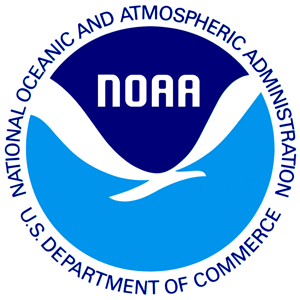Nat Scholz, Ph.D.
Background
Nat is a marine biologist and zoologist by training. He has managed the multidisciplinary Ecotoxicology Program since 2004. He joined the Center in 1998 as a Postdoctoral Associate with the National Academies of Science and Engineering (National Research Council) after completing a doctorate in zoology from the University of Washington. Prior to that he did masters and undergraduate research in Boston University's Marine Program in Woods Hole. He has published widely on the ecological impacts of freshwater and marine pollution, at scales ranging from gene expression to the dynamics of wild fish populations.
Current Research
Nat oversees research in the Ecotoxicology Program that addresses pollution-related conservation threats to coastal watersheds and marine habitats. Recent projects have assessed the ecological consequences of large scale disasters, such as the Cosco Busan and Deepwater Horizon oil spills in San Francisco Bay and the Gulf of Mexico, respectively. The group is also studying toxic stormwater runoff to better understand how human population growth, coastal development, and associated changes in land use impact the health and abundance of wild salmon populations. Many active projects provide science support to guide the conservation and recovery of threatened and endangered species. These have focused on familiar categories of toxics (e.g., pesticides, metals) as well as contaminants of emerging concern. Lastly, the group is developing new research to assess the effectiveness of green stormwater infrastructure technologies and similar strategies to reduce land-based toxic runoff.
